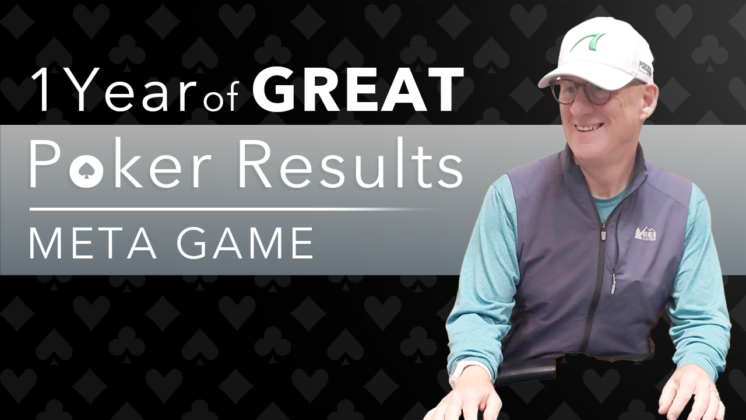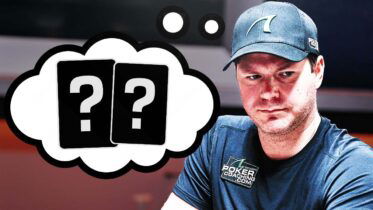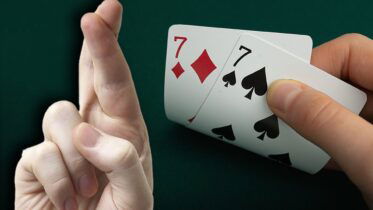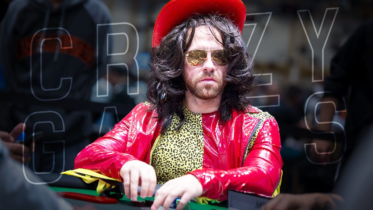This is the final chapter of the e-book. It covers important meta-game improvements I’ve made, including a concept that may be the single most important idea in this document. This chapter also wraps a bow around the whole thing, and acknowledges people who were vital to my growth as a poker player. If you wish, you can start reading at Chapter 1, or download the entire e-book as a PDF.
Poker-specific Meta-game Improvements
I’ve made improvements in the last five years that are specific to poker, but are not traditionally thought of as poker strategy. Well, they’ve made me a better player, and they’ve put money in my pocket, so I call them poker strategy.
I Am an Aggressive Game Selector
For most of my poker career, I would settle down at a table, and stay there until the game broke or I decided to go home. No more – the new Lee is constantly wondering if there’s a better game a table or two over.
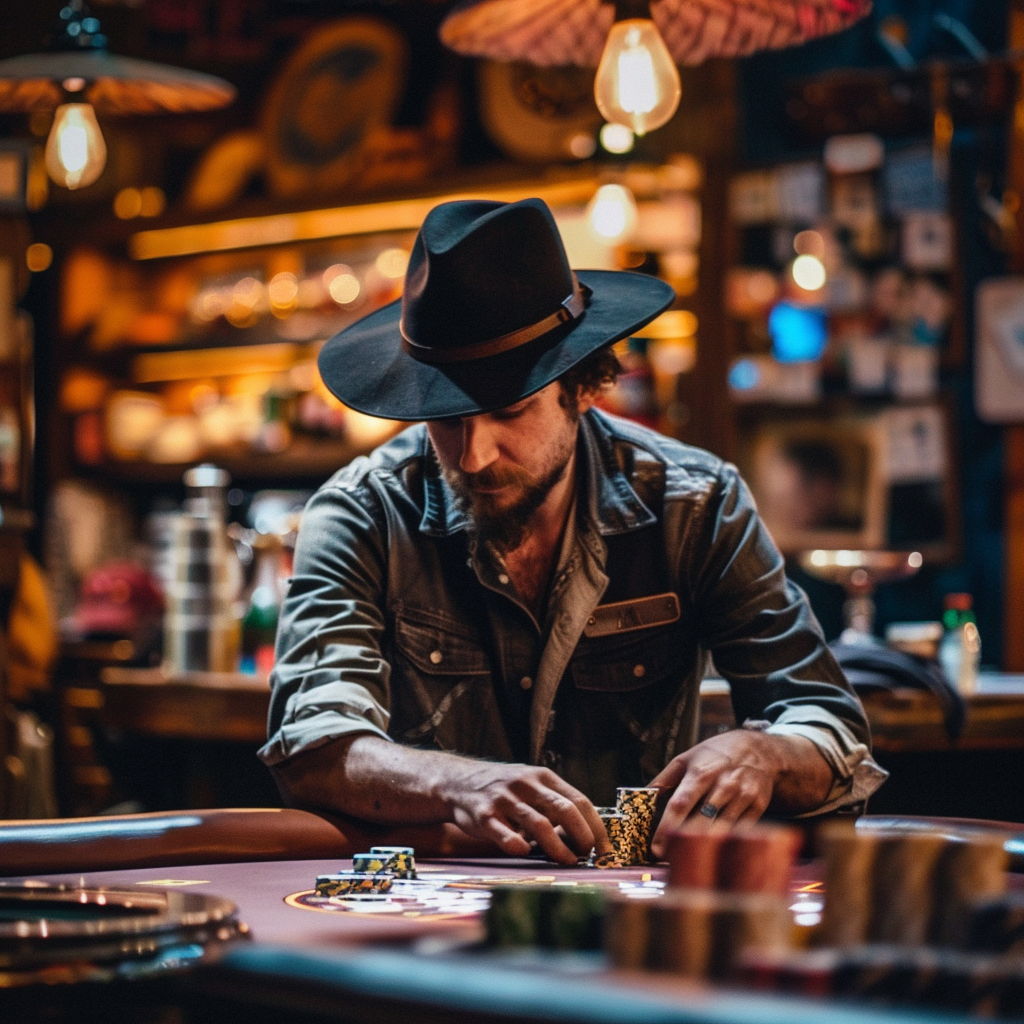
Moving from a bad game to a good game is the best thing I can do for myself during a poker session.
Prowling the room for a better game also gives me a chance to stretch my legs and clear my head. This is important, because I’m dangerously comfortable in a smoothly running poker game. Standing up to evaluate my game against the others serves multiple purposes, all good.
Dominating Sixth Street
“Sixth street” begins when the betting stops. Discussion, eye contact, and communication of any kind is all part of sixth street play. Tommy Angelo coined this term, and it’s now in general use among studied poker players.
I wrote an article about playing sixth street well. Here are the Cliff notes:
- I don’t give away information.
- I keep my eyes and ears open.
- I keep my mouth shut.
I don’t claim to be a top-level expert at most aspects of poker, but I am a sixth-street crusher. I spent decades being terrible at it, but once I saw how easy it was to play well, I thought, “Heck, even I can excel at this.”
One of the most attractive things about sixth street is that most people don’t play it well, which makes it the lowest-hanging reciprocality fruit. I can’t out-study the solver kids who slave over a hot solver for days on end. And I can’t out-lifestyle the 30-year-olds who have gone vegan and spend two hours every day at the gym. But I can keep my mouth shut at the table, and they can’t, and boom, I’ve found my edge.
I Win Decisions, Not Pots
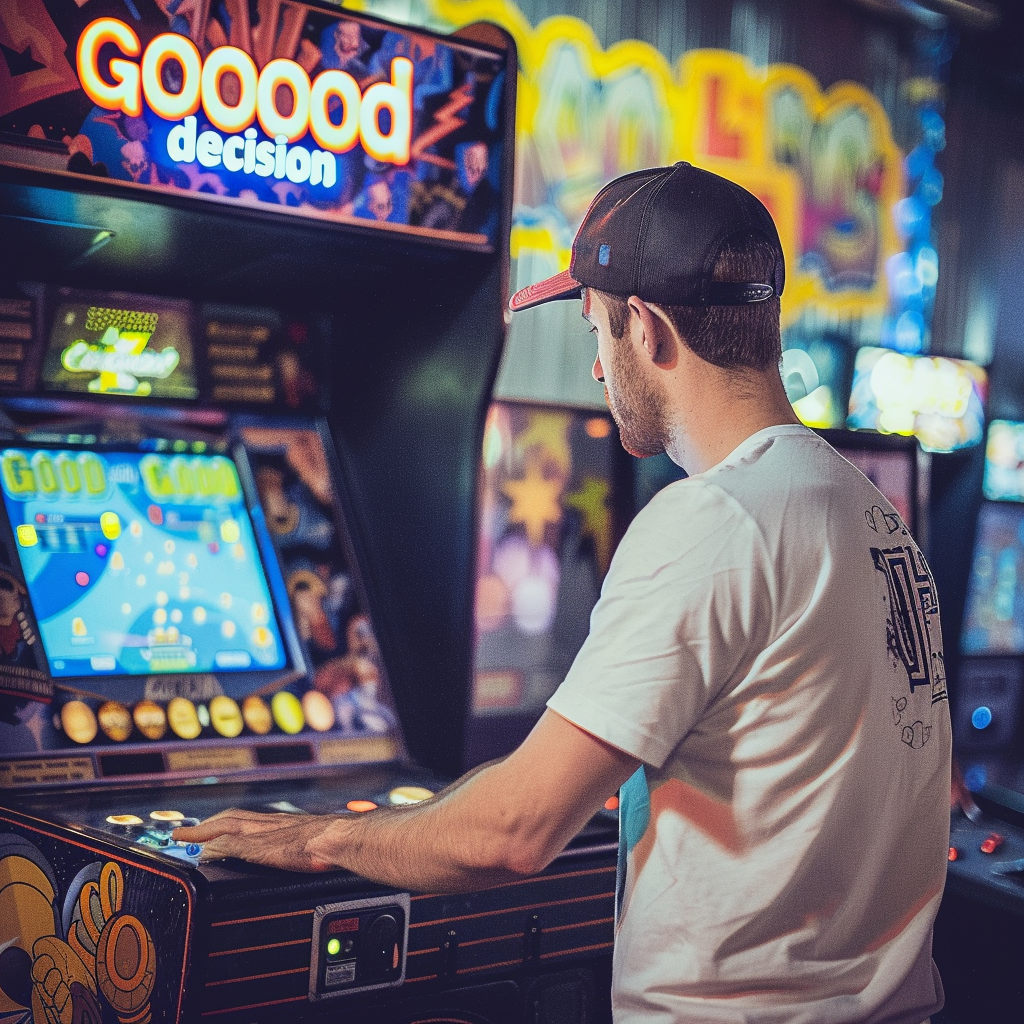
I saved the best meta-topic for last:
The goal is to win decisions, not pots.
When players talk about hands, they seem hyper-focused on winning the pot. This causes mistakes. They might visualize a card that will make their hand, and then try to “manifest” that card by calling. Or they might look for every possible bluff their opponent might have, just to give themselves an excuse to call.
Most players put their thumb on the scale in favor of continuing in the hand.
The poker vloggers encourage this attitude when they say, “Folding is boring.” But they’re wrong. Folding is not boring, nitty, bad, or any other pejorative. It’s simply a betting decision. If you’re in a situation where calling is -EV, and raising is -EV, then folding, which has an EV of zero, is the best decision.
I Embrace The Process
Poker decisions are fascinating. We are presented with an endless stream of multi-dimensional problems – both mathematical and psychological – that we must solve in seconds. The cool thing is, I don’t need to master these complex decisions. I only need to be better at it than my opponents. If I can do that consistently, I will proudly earn the grinder’s wage. It’s by focusing on the decisions, rather than the outcomes, that I give myself the best chance to be a long-term winner.
If I made the best decision, then I win – even if the chips went the other way.
Putting a Bow On It
I’m an old guy, and it’s all too easy to become wedded to familiar habits and ways of being. Thus my greatest joy from this poker renaissance (literally, “rebirth”) has been the realization that the learning phase of my life is far from over. I’m making smart plays and sharp decisions that I never could have made five or ten years ago, and I’m feeling a little giddy with each one.
There’s nothing special about me. If this dog can learn new tricks, you can too. Clear your head, open your eyes, and see the possibilities of the new poker world before you.
Acknowledgments
I need to acknowledge some people and organizations who have supported my poker journey these last few years.
- Jonathan Little and PokerCoaching have graciously given me a place to write about poker strategy. And I have learned tons from their video series, and the Discord discussion groups.
- PokerOrg has given me a home to write about non-strategy poker topics. And it’s given me a chance to reconnect with some of my dearest friends and colleagues from my PokerStars days. I am deeply grateful.
- Benton Blakeman and the Hand History Lounge is the community that kept me attached to poker during the darkest days of the pandemic. While cooped up in my house, I learned a great deal about live mid-stakes no-limit hold’em from Benton and the lounge, and those lessons have paid off immensely. I also made some great friends.
- I got private coaching from Andrew Brokos, and my understanding of poker theory skyrocketed. Andrew missed his calling as a therapist (he is the best listener I know), but my poker game is a beneficiary of that career choice. Andrew and Carlos Welch’s Thinking Poker Podcast is part of my daily coffee ritual.
- Tommy Angelo has been a friend, poker buddy, writing consultant, and musical co-conspirator for over 20 years. No words properly describe how much I value that relationship.
Both Andrew Brokos and Tommy Angelo were kind enough to edit this manuscript. But if there are any errors, strategic or grammatical, they are mine, not theirs.
